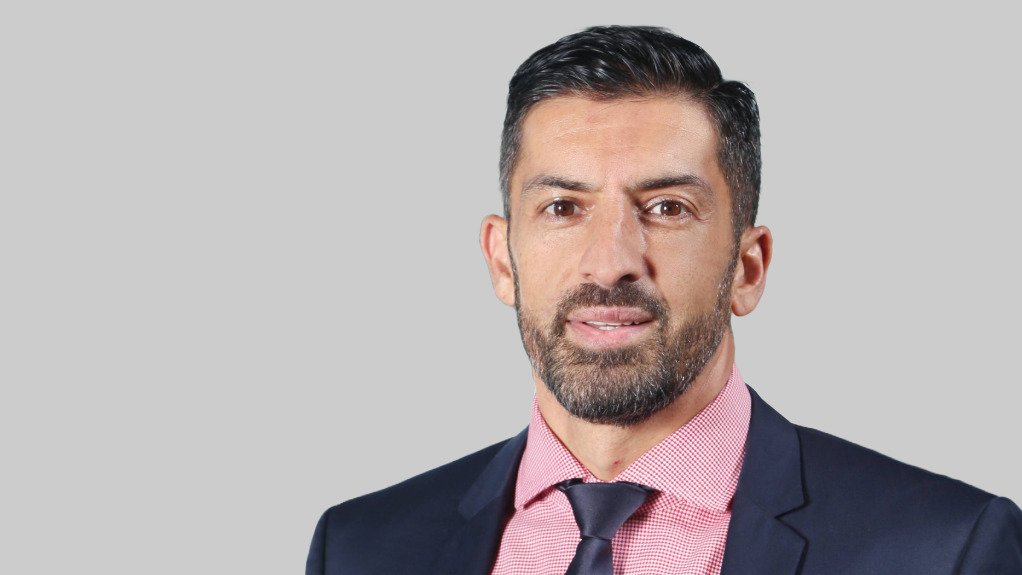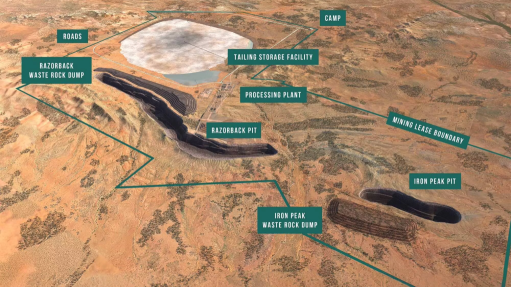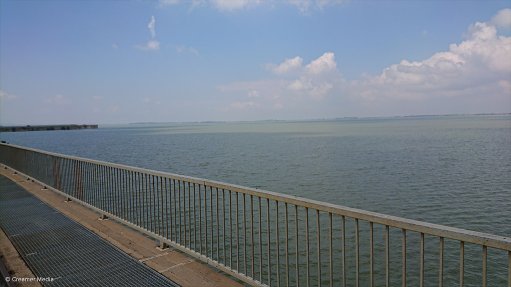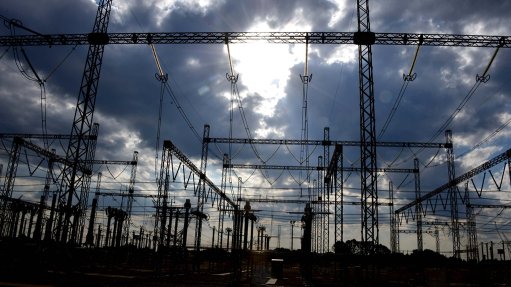Standard Bank not expecting major fiscal slippage despite election pressures
Standard Bank chief economist Goolam Ballim does not anticipate “material fiscal slippage” in the 2024 Budget, despite expenditure pressures associated with the upcoming elections, as well as calls for additional support for Transnet, whose underperformance alongside ongoing power cuts and water disruptions continue to throttle growth and investment.
Delivering his yearly economic outlook, Ballim acknowledged that there was likely to be some fiscal slippage relative to the forecasts provided by Finance Minster Enoch Godongwana in his Medium-Term Budget Policy Statement.
However, he did not anticipate a major deviation on the revenue side from what was communicated in October, while on expenditure he highlighted recent statements by the Minister in which government’s commitment to “fiscal containment” had been reiterated.
In addition, Ballim did not anticipate an announcement of additional support for Transnet beyond the R47-billion guarantee facility announced in December, as any debt-relief or capital injection was likely to be linked to a decision on harnessing the Gold and Foreign Exchange Contingency Reserve Account; one that was unlikely to be made in time for the February Budget.
Nevertheless, the political climate, including election uncertainty and ongoing problems relating to the performance of State-owned enterprises, would continue to “bedevil” the growth and investment outlook and eclipse other factors such as geopolitical tensions and high interest rates. Standard Bank is forecasting a moderation in the average inflation rate to 5% this year and cumulative rate cuts, starting from the second quarter, reducing the repo rate to 7.25% by year-end from 8.25% currently.
The political headwinds could ease during the second half of the year, with Standard Bank anticipating an easing in the intensity of loadshedding, together with visible momentum on reforms designed to address the prevailing logistics crisis.
The bank’s election base case is for the governing African National Congress (ANC) to dip below 50% for the first time in the democratic era and it has ascribed a 65% probability to the ANC securing between 45% and 50% of the votes, from 57.5% in 2019.
It has assigned only a 10% probability to the ANC securing more then 50% of the vote and a 25% probability to the ANC’s share falling to about 40% and requiring a coalition with a bigger party, which Ballim said would be a binary choice between the Democratic Alliance or the Economic Freedom Front.
The bank’s analysis pointed to the ANC facing major difficulties in retaining its leadership position in provinces such as Gauteng, KwaZulu-Natal, the Free State and the Northern Cape.
The election is likely to lead to a 0.2 percentage point fall in gross domestic product (GDP) for the year, which was relatively small when compared with the bank’s estimate that power disruptions lopped two percentage points of growth in 2023 and Transnet between 0.5 and one percentage point.
Ballim expected loadshedding to continue to weigh on GDP in 2024, reducing growth by a percentage point. But he argued that South Africa might have reached a turning point on the electricity front, owing to increased generation from Kusile and Medupi, as well as the investments made in rooftop solar and distributed generation.
Transnet, which he dubbed ‘Eskom 2.0’, would continue to clog South Africa’s trade arteries, but reform momentum should build later in the year, while water was emerging as ‘Eskom 3.0’.
Overall, Standard Bank is forecasting growth of only 1.2% for 2024, with fixed investment still leveraged towards closing infrastructure backlogs rather than growth projects.
“I think the year will end more optimistically: power; momentum in Transnet; inflation better controlled; real incomes that will be positive; general upward momentum with regard to our potential growth trajectory.
“And maybe not the end of the beginning of stabilisation but, instead, a beginning of the end of stabilisation.”
Article Enquiry
Email Article
Save Article
Feedback
To advertise email advertising@creamermedia.co.za or click here
Press Office
Announcements
What's On
Subscribe to improve your user experience...
Option 1 (equivalent of R125 a month):
Receive a weekly copy of Creamer Media's Engineering News & Mining Weekly magazine
(print copy for those in South Africa and e-magazine for those outside of South Africa)
Receive daily email newsletters
Access to full search results
Access archive of magazine back copies
Access to Projects in Progress
Access to ONE Research Report of your choice in PDF format
Option 2 (equivalent of R375 a month):
All benefits from Option 1
PLUS
Access to Creamer Media's Research Channel Africa for ALL Research Reports, in PDF format, on various industrial and mining sectors
including Electricity; Water; Energy Transition; Hydrogen; Roads, Rail and Ports; Coal; Gold; Platinum; Battery Metals; etc.
Already a subscriber?
Forgotten your password?
Receive weekly copy of Creamer Media's Engineering News & Mining Weekly magazine (print copy for those in South Africa and e-magazine for those outside of South Africa)
➕
Recieve daily email newsletters
➕
Access to full search results
➕
Access archive of magazine back copies
➕
Access to Projects in Progress
➕
Access to ONE Research Report of your choice in PDF format
RESEARCH CHANNEL AFRICA
R4500 (equivalent of R375 a month)
SUBSCRIBEAll benefits from Option 1
➕
Access to Creamer Media's Research Channel Africa for ALL Research Reports on various industrial and mining sectors, in PDF format, including on:
Electricity
➕
Water
➕
Energy Transition
➕
Hydrogen
➕
Roads, Rail and Ports
➕
Coal
➕
Gold
➕
Platinum
➕
Battery Metals
➕
etc.
Receive all benefits from Option 1 or Option 2 delivered to numerous people at your company
➕
Multiple User names and Passwords for simultaneous log-ins
➕
Intranet integration access to all in your organisation




















